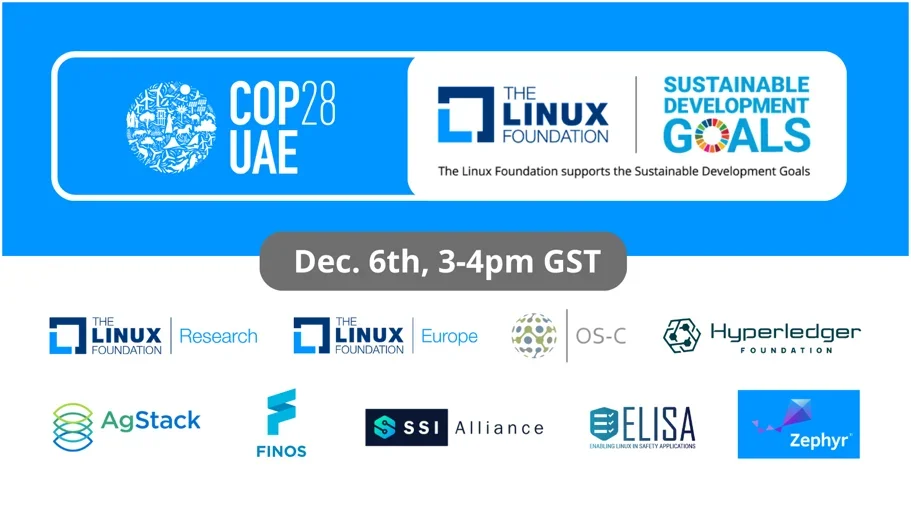Waiting for pulling into the mainline kernel once Linus Torvalds is back online following Portland’s winter storms is the sound subsystem updates for Linux 6.8, which include a lot of new sound hardware support.
Linux sound subsystem maintainer Takashi Iwai at SUSE describes the new sound hardware support for Linux 6.8 as:
“Support for more AMD and Intel systems, NXP i.MX8m MICFIL, Qualcomm SM8250, SM8550, SM8650 and X1E80100”
Read more at Phoronix








